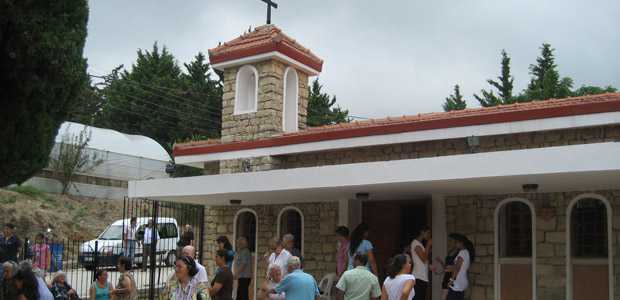“Turkey has become a major player in the region, socially, culturally, economically and politically. Thus we decided to teach regional languages rather than the classic foreign languages such as English or French,” said Serdar Dinler, director of Kadir Has University’s Center for Lifelong Learning, which will start teaching the courses in May at its Neighboring Languages Academy.
The new courses aim to enable Turkish people of all ages and backgrounds to speak directly to their Armenian counterparts without resorting to a third language such as English, Dinler told the Hürriyet Daily News & Economic Review in a phone interview Monday.
“We have plenty of businesspeople who trade with Armenia, as well as academics, journalists and the like who work with or on Armenia,” Dinler said, adding that relations could be boosted further if such people could directly speak in Armenian.
The courses, which will be taught by a yet-to-be-hired Armenian doctoral student, will be the only of their kind at a Turkish university in Turkey, according to Dinler. The center already provides Greek and Russian courses and plans to start ones in other language as soon as funding is available.
“Projects for Arabic, Farsi and Kurdish language courses are also ready, and we are looking for national or international sponsors to fund them,” he said.
A team from Kadir Has is currently preparing the curriculum for the Armenian course and reviewing applications from Armenian doctoral students at Yerevan University in order to select one who will come to Turkey to continue his or her research and teach the language course in the evenings. According to Dinler, many Armenian doctoral students are conducting research on Turkey.
The center director said they want “an Armenian from Armenia to teach the language” rather than a student of Armenian origin living in Turkey because there are differences between the language spoken in Armenia and that spoken by the Armenian minority living in Turkey, and because it provides an opportunity to develop relations.
“By coming to Turkey, the Armenian [doctoral] student will see Turkish culture and meet people, thus also developing academic and cultural dialogue,” Dinler said.
The Armenian language courses will be open to everyone, regardless of age or professional background, he said. “There is plenty of interest even from academics at other universities who are conducting research on the Caucasus.”
The courses will be launched by the end of May as part of a $23,500 project funded by the Marshall Fund’s Black Sea Trust. The one-year grant will allow four to five Armenian language courses consisting of 47 hours of instruction to be offered, Dinler said.
The school intends “to continue teaching Armenian even after the project time period [ends]” using its own resources, Dinler said.


Leave a Reply